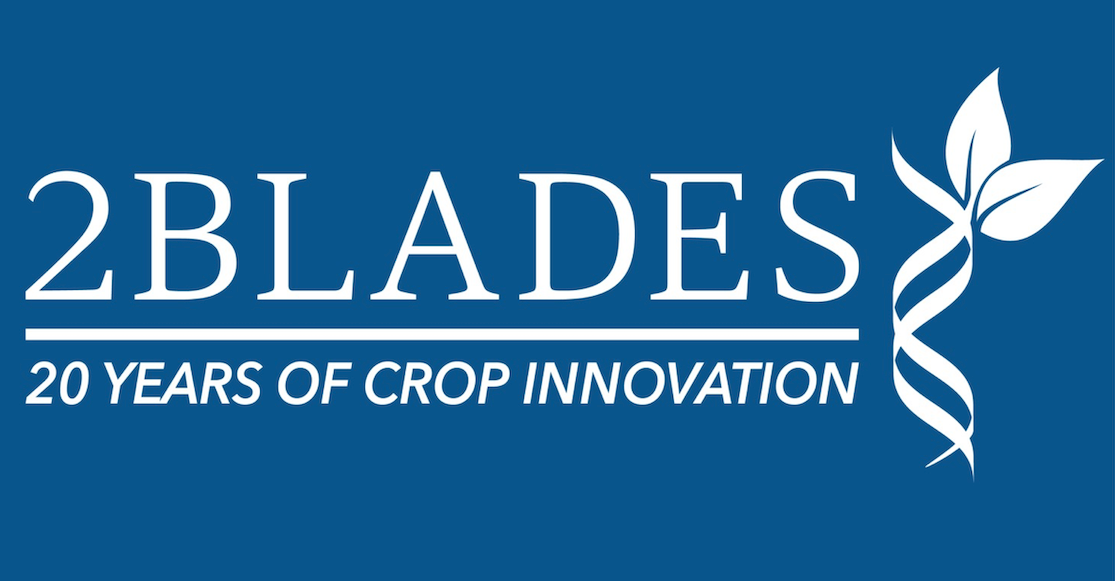Syngenta licenses genetic engineering technology from Two Blades Foundation.
Future innovations can lead to improvements in farm technology for developing countries.
EVANSTON, IL (January 16, 2012) — The Two Blades Foundation (2Blades) announced today the completion of a non-exclusive license agreement with Syngenta, which provides Syngenta with access to TAL Code technology for commercial uses in certain crop plants.
The Transcription Activator Like (TAL) effector Code enables a number of highly useful tools, including designer TAL effectors (TALEs) for targeted gene activation or repression, targeted engineering of genomes to add, remove, or alter genes, and site-specific gene insertion. The use of TALEs for genome engineering was named Method of the Year for 2011 by the journal Nature Methods (9:1 doi:10.1038/nmeth.1852). Successful implementation of such technology could lead to more efficient modification of beneficial genes in plants, which would enable more productive crops in the future.
Syngenta will grant 2Blades access to its improvements to the technology for use in 2Blades’ humanitarian efforts to support subsistence farming. Syngenta will also have an option to expand its crop rights in the future. Financial terms of the agreement were not disclosed.
The TAL Code technology, discovered by Ulla Bonas, Jens Boch, Thomas Lahaye, and Sebastian Schornack at Martin-Luther University in Halle, Germany, provides a novel, easy method for engineering proteins that bind to specific DNA sequences to precisely modulate genomes. 2Blades Foundation holds exclusive rights to commercial use of the technology in plants.
“2Blades is committed to facilitating broad application of the technology in both the commercial and public sectors,” said 2Blades Chief Operating Officer Diana Horvath. “We are delighted that Syngenta will apply the power of TAL Code technology to advance precision genome engineering in crops.”
Michiel van Lookeren Campagne, head of Biotechnology for Syngenta, added, “Syngenta is pleased to gain access to this exciting new technology, which we believe has the potential to revolutionize the way traits are engineered in crops. Collaborations such as this will enhance Syngenta’s ability to help farmers grow more from less.”
The Two Blades Foundation (www.2blades.org) is a 501(c)3 not-for-profit corporation dedicated to developing durable disease resistance in agricultural crops.
 2Blades
2Blades